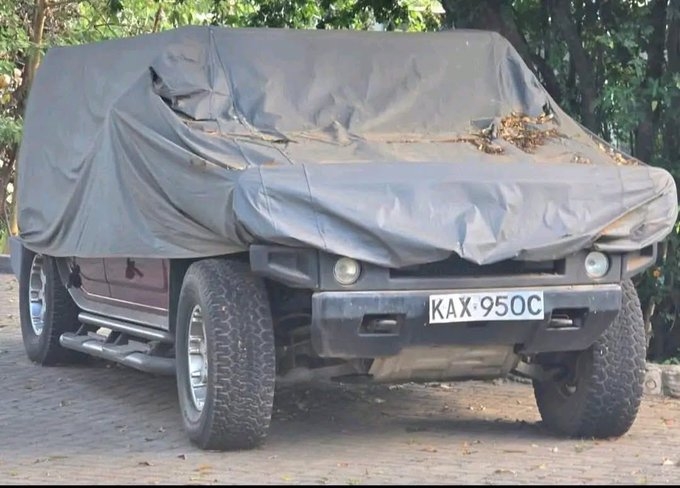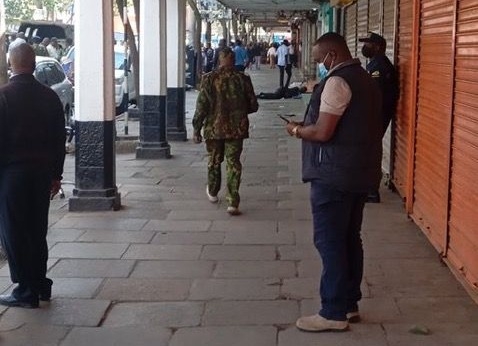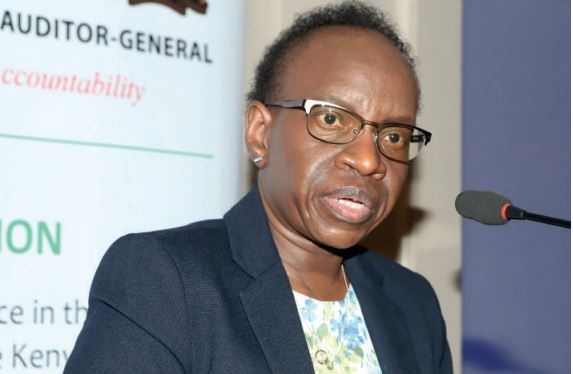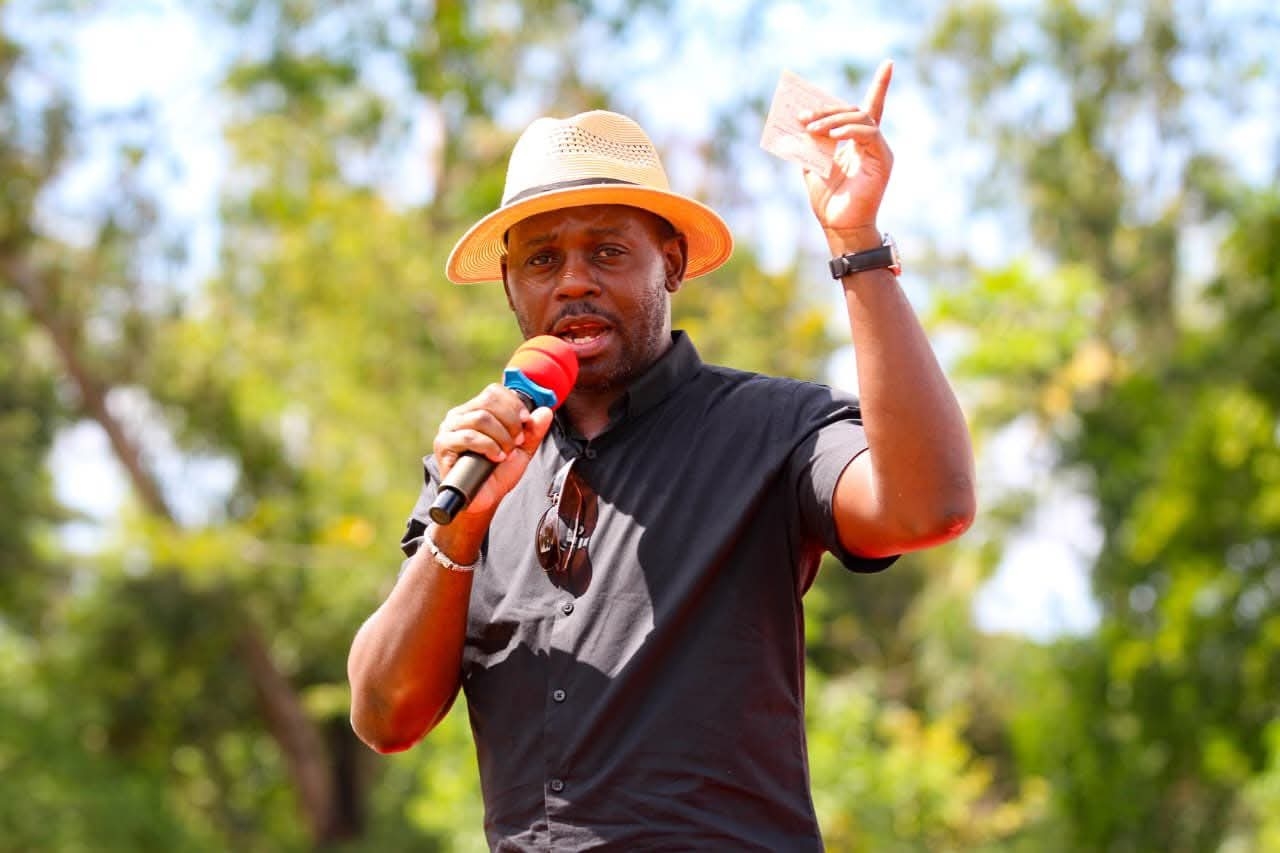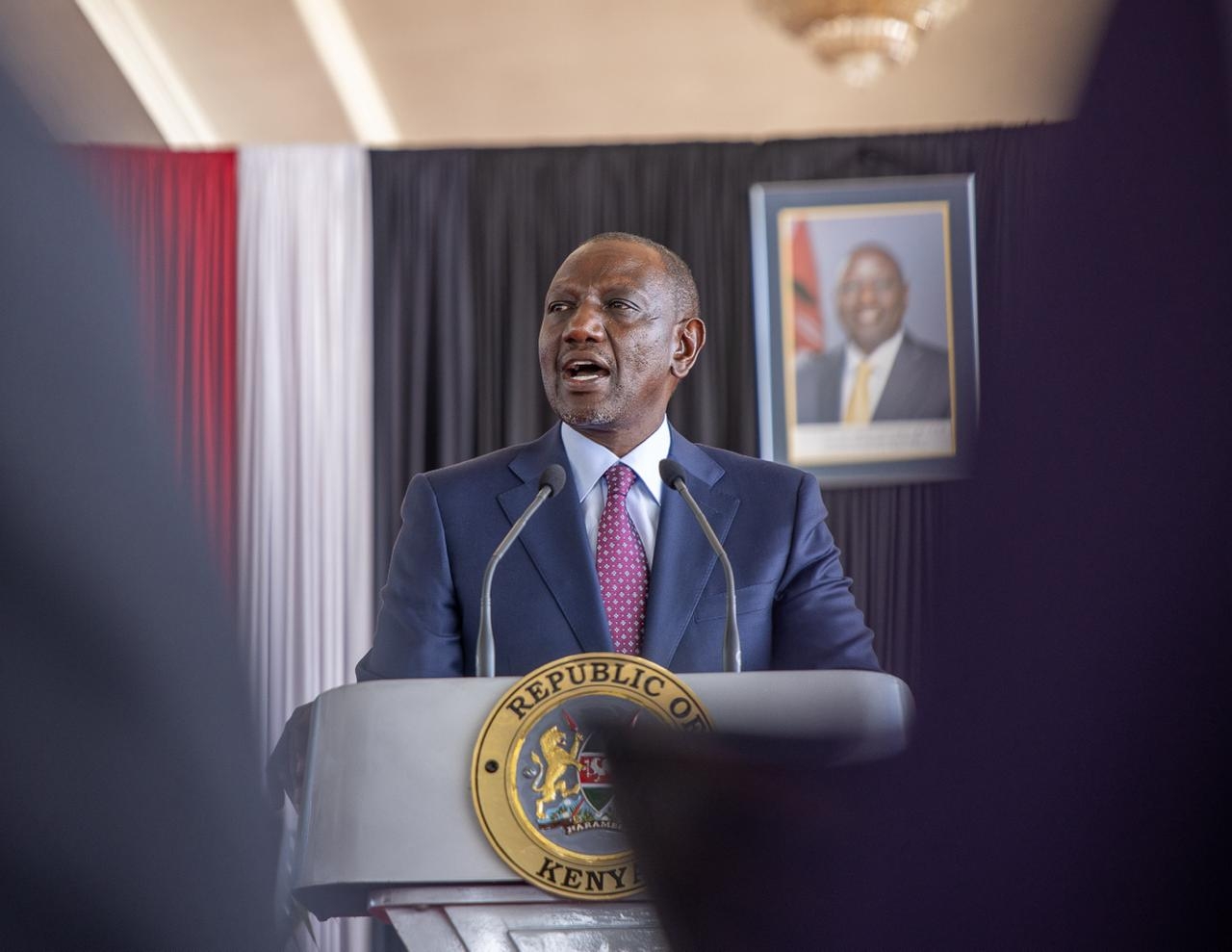
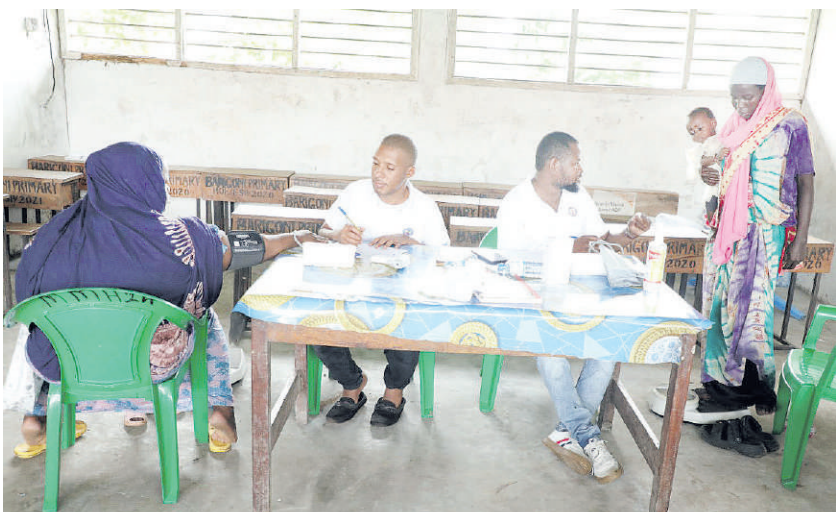
In the far-flung reaches of Lamu county, deep inside the terror-prone Boni Forest, lies the remote village of Bargoni, ravaged by years of neglect.
Here, access to healthcare is not just a matter of distance, it’s a matter of survival.
Following the recent rains that pounded the Coast region, the already dilapidated roads into Bargoni have become a sludge of boggy mud.
What should be a 30-minute drive from Hindi town to Bargoni stretches into a harrowing three-hour ordeal along a slippery, potholed, 20-kilometre track.
Bargoni village is cut off from even the most basic health services.
The nearest health facility, King Fahad County Referral Hospital, is in Lamu Island, more than 25 kilometres away, plus a boat ride across the Indian Ocean.
It costs at least Sh2,000 for one trip, cash many in Bargoni cannot afford.
For patients in critical condition, the journey is more than inconvenient, it is life-threatening.
“I suffer from diabetes and I can say it is a big problem for me,” said Salim Abul Salim, the assistant chief of Bargoni.
“From here to Lamu, I have to pay Sh2,000 for transport only. And that’s without counting medicine or meals,” he said.
Bargoni is not just isolated, it is also situated within one of the most dangerous zones in Kenya – the Boni Forest.
This forest, which straddles the Kenya–Somalia border, has been used by al Shabaab militants as a hideout for years.
The militants occasionally launch attacks on residents and security installations, keeping the entire region on high alert.
This insecurity has stalled or completely blocked infrastructure development efforts, especially roads and hospitals.
Diseases do not wait for stability and residents suffer from chronic and infectious illnesses at alarming rates.
“TB, high blood pressure, diabetes, asthma are very common here. But there’s no doctor, no clinic and no drugs,” Salim said.
The area is also plagued by snakebites, especially during the rainy season, yet not a single first aid kit is available at Bargoni Primary School.
Teacher Farhia Khalid said they struggle to protect the learners with what little they have.
“We don’t even have a first aid kit in the school. We need antivenoms, painkillers and other basic medical supplies,” she said.
Last Saturday, for the first time in months, Bargoni Primary School grounds was filled with the buzz of hope.
The Kenya Ports Authority, through its corporate social investment (CSI) programme, organised a free medical camp.
A team of doctors, nurses and support staff treated more than 300 patients from Bargoni and neighbouring villages, including Bobo, Magumba, Milimani and Bodhai Junction.
“Today was a blessing. We wait for months for this kind of help. When we see organisations like KPA come, we know someone out there still remembers us,” resident Mahmoud Madube said.
The services offered ranged from blood pressure checks, diabetes screening, deworming and dental care, to treatment for common infections and referral for more serious conditions.
Two cases, one of high blood pressure and another suspected prostate cancer, were flagged and immediately referred to King Fahad Hospital.
“There’s a gentleman with a very high PSA (prostate-specific antigen) level,” explained Dr Gome Lenga, KPA’s manager of medical services.
“We suspect prostate cancer. We’ve counselled him and are arranging for treatment in Lamu, where there is a urologist.”
Dr Lenga said most of the illnesses diagnosed during the camp were manageable if addressed early.
“Unfortunately, poverty and distance mean they go untreated until they become emergencies,” he said.
KPA’s acting manager of corporate communication Jones Buchere said health is one of the authority’s key focus areas in its CSI work.
“We are committed to empowering communities and fostering sustainable development,” he said.
“Initiatives like this are lifesaving. We plan to return and do more,’ he said.
KPA is organising another medical camp in Tana River this month.
While residents appreciated KPA’s effort, they were quick to point out that medical camps, while helpful, are only temporary solutions to a chronic problem.
“We need a proper road. We need a government health centre,” pleaded resident Khairae Mohammed.


